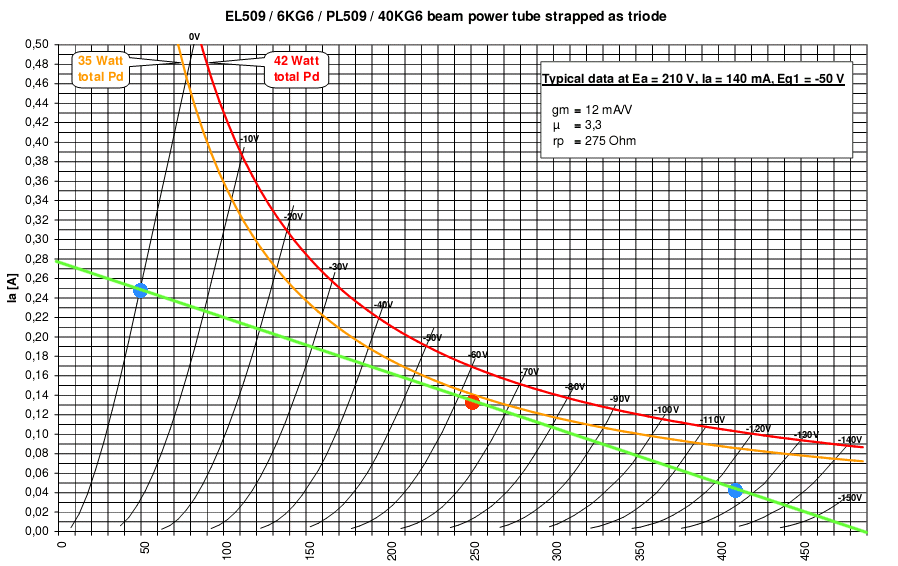|
Hello guys, Since the year of 2012, I started with the DIY hi-fi audio new hobby of mine. After listening to some amplifiers, I fell in love with tubes and especially with single ended amplifiers, because of the "magic" sound they delivered to me.
The amplifier I've listened to wasn't my property, so I had to give it back to its master. However. I was already infected from the SET virus and it was too late for me to be saved, so I wanted to build myself a good SET amplifier, together with a high-end system from scratch. I had almost zero knowledge of amplifiers, I hadn't the slightest idea how tubes worked.
With time, I found myself a well-paid job and I started reading and educating myself with bloody thirst for the hi-fi tube sound. My first single ended amplifier consisted a scrap MDF board with the parts on it, a 3 stage capacitor coupled stage with 6N8S and 6B4G tubes and a good custom interleaved transformer. Nothing fancy, scrap wire and cheapest parts.
I got sound and I was very happy it was my first tube power amplifier outputting sound. Although it wasn't very magical, it sounded a bit sterile and boring. And from them, I started to get familiar how difficult is to get yourself close to the SET magic. I've been building only this amplifier as my only non-compromise standard. I've changed different tubes, capacitors, power supply topologies, wires, chassis, bias methods, stages - a huge trial and error. It was done only by ear, because during these years I've also found that simple measurements weren't a SQ factor.
By trial and error, I've come to the following personal conclusions, to get the ultimate sound from a SET amplifier:
1. Power supply
-good low induction low Lp and Cp power transformer with split bobbin for minimal capacitive coupling from the mains and low Lp for less stray magnetic fields.
-separate high quality heater transformer
-separate power supplies with separate secondaries for the driver and the output stage
-tube rectification with low Rp tubes for the output stage
-choke input power supplies work for me the best
-simple LC filtering networks ; better one LC with big values than multiple LCs
-highest quality chokes and capacitors as possible ; and chokes matter as much as caps.
-high quality IEC, power cord, fuse and hook-up wire
-mains plug polarity ; it's even audible on the heater power supply with indirect heating tubes.
-good passive power supplies are much more predictable ; regulated power supplies with feedback can give bass, authority and soundstage, but can sound nervous and unnatural, they are harder to build. 2. Amplification stages
-in terms of simplicity, less is more, so less stages result in a better sound, BUT only if the driver can satisfy the driving needs for the output tube ; the driver must always have more headroom than the output tube
-different bias techniques can act differently on different tubes in different loading modes ; cathode bias can be very good for example, but needs a very high quality cap and resistor ; battery bias can sound good or mediocre and is also dependent of the battery brand and holder
-if using fixed bias for the power stage, the later must have a very high quality power supply with a separate transformer choke input and tube rectifier ; otherwise I prefer the sound with a cathode bias output tube with good capacitor
-Interstage transfomer coupling delivers the best for me and of course, it's quality must be very high
-any signal transformers IT and OPT must be of very high quality, wound on a low hysteresis core, interleaved with a good balance of Cp and Lp to deliver a -3dB point well above the audio band (my OPT does it at 100KHz) and a good low frequency -3dB point at 10Hz
-no loading resistor on the secondary of the IT gives the best sound, if the IT is good enough
-grid resistors on high gm tubes steal from the sound, but sometimes they are needed. 3.Chassis, accessories and misc.
-chassis material influences the sound ; metals, woods ; if wood, the grain direction is very important. I found that it sounds more natural if the grain is perpendicular to the listener.
-make sure to use good vibration treatment feet
-high quality output terminals and RCAs are very important ; they influence the sound so much and many builders underestimate them.
-the less connections and solderings, the better sound ; think twice before cutting that wire!
-solder IS important ; solderless can be even better
-the hook-up wire makes as much difference as a speaker or interconnect wire ; the same goes for its direction ; every wire I use is first listened on a hi-end system and I find its direction by ear, then I use it on my projects.
-directionality goes even to resistors and non-polar caps ; they just sound better in one way and worse in the other
-grounding, of course - I favor star ground.
-bundling wires is a no-no, especially with cables ties.
-the sound can be further tweaked with wooden discs on transformers or tweaks as battery grounds.
-and last but not least, wait for components BURN IN OF COURSE, the most of these tweaks are true for any kind of amplifier or audio device. So


|






















